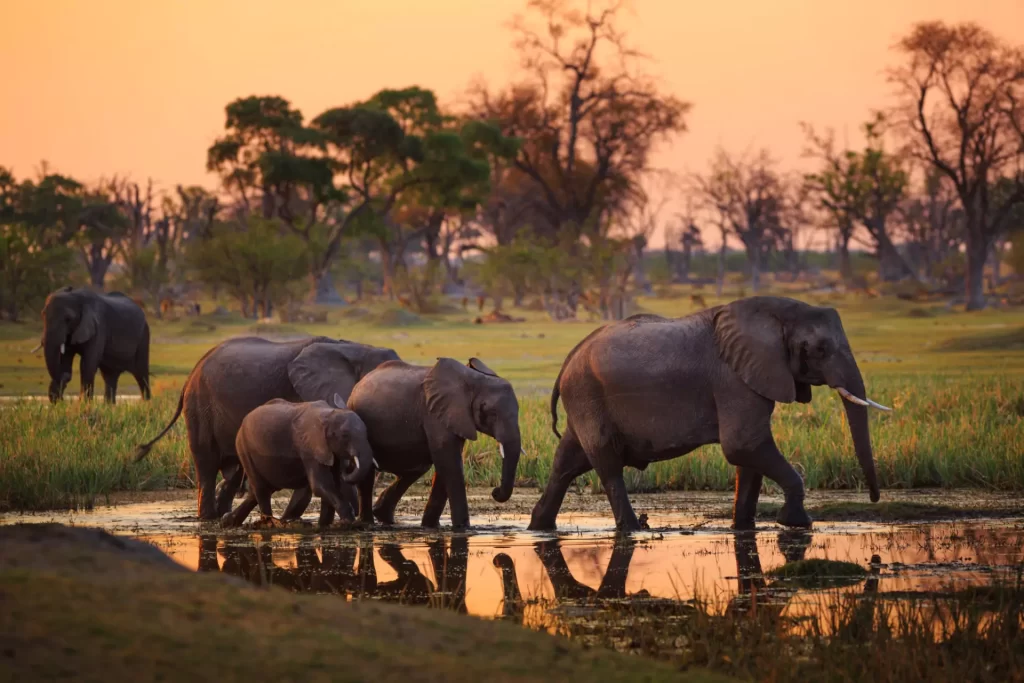
Elephants are among Earth’s most iconic creatures, captivating hearts with their intelligence, social bonds, and sheer size. Whether roaming African savannas or Asian forests, these gentle giants play a vital role in ecosystems. In this guide, we explore key facts about elephants, answering burning questions like what do elephants eat?, how long do they live?, and where do they thrive? Let’s dive in
Elephants are herbivores with voracious appetites. An adult elephant consumes 300–400 pounds (136–181 kg) of food daily—equivalent to a small car! Their diet varies by habitat:
Using their trunks, they skillfully pluck vegetation and drink up to 50 gallons (190 liters) of water daily. Their feeding habits help shape ecosystems, dispersing seeds and creating pathways for smaller animals.
In the wild, elephants live 60–70 years, though threats like poaching and habitat loss often shorten lifespans. In captivity, stress and limited space reduce their longevity to 40–50 years. Female elephants (cows) lead matriarchal herds, passing survival knowledge across generations—a key to their resilience. These are just some facts about elephants that highlight their life challenges.
Habitat loss is critical: Human expansion and agriculture have shrunk elephant ranges by 30% in the last decade. Protecting corridors between reserves is vital for their survival.
Both African and Asian elephants face Endangered status due to:
How to Help: Support ethical tourism, anti-poaching initiatives, and habitat restoration. Explore guide to Wildlife Conservation in Africa to take action. Understanding elephant facts can empower us to contribute to their protection. Explore more about Best Safari Parks in Africa and Lion
African elephants are larger, with bigger ears and tusks on both sexes. Asian elephants have smaller ears and tusks only on males.
African males weigh up to 14,000 lbs (6,350 kg), while Asian males reach 11,000 lbs (5,000 kg).
Habitat loss, poaching, and human conflict threaten their populations. These threats are among the most critical elephant facts that conservationists focus on.
Yes! They use their trunks as snorkels and can swim for hours.
Their legendary memory helps them locate distant water sources and recognize herds.
Through vocalizations, body language, and seismic signals.
Donate to conservation groups, avoid ivory products, and share awareness.
Elephants are irreplaceable guardians of biodiversity. By understanding their diet, lifespan, and habitats, we can advocate for their future. Join Nndeeafrika in protecting these majestic creatures—explore our African Safari Tours to witness elephants in the wild responsibly, and deepen your knowledge with elephant facts that inspire action. Check out more about African Safari Cost and Great Migration